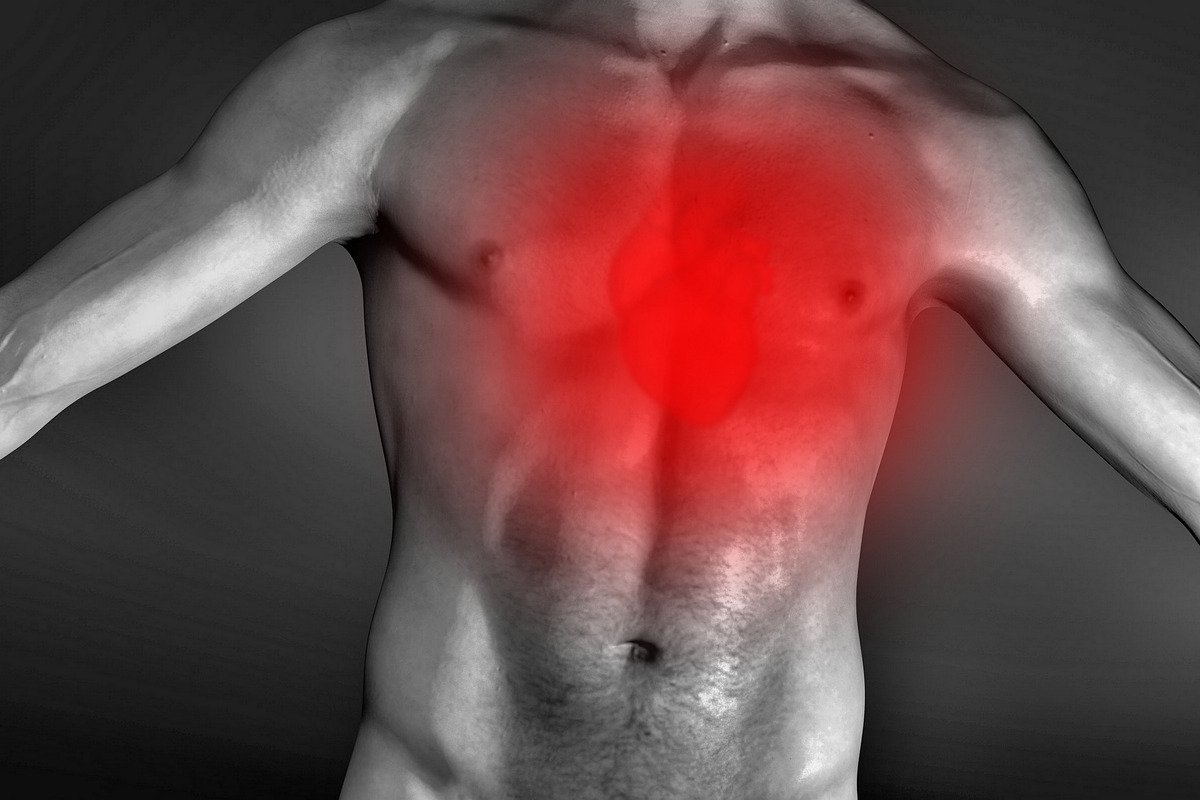
Smoking is associated with 85-90% of cases of lung cancer, one of the most lethal types of oncology, said thoracic surgeon and oncologist Andrei Nefedov. The best way out is to quit smoking as quickly as possible.
A year after quitting smoking, the risk of developing lung cancer decreases by 6%, the doctor noted.
Smoking affects not only the development of dangerous diseases , but also to reduce life expectancy in general.
“Smokers live on average 10-15 years less than non-smokers,” Nefedov told Gazeta.Ru.
Not only “classic” cigarettes, but also vapes and electronic cigarettes have this effect.
Let us recall the signs of lung cancer:
1. Constant cough. The appearance of a persistent cough, especially if it continues for more than two weeks, may be a sign of lung cancer. The cough may be dry or with expectoration of sputum, sometimes mixed with blood.
2. Labored breathing. Having difficulty breathing, feeling short of breath, or having rapid breathing is associated with lung cancer, especially if these symptoms appear for no apparent reason.
3. Chest pain. The appearance of chest pain, which intensifies with a deep breath, coughing or shifting the body, is considered a sign of lung cancer.
4. Weight loss. Weight loss, especially if it is significant and occurs without lifestyle or diet changes, may be associated with lung cancer.
5. Fatigue and weakness. The appearance of constant fatigue, weakness or general malaise is associated with lung cancer.
6. Increased sensitivity to infections. Lungs affected by cancer are more vulnerable to infections..
Read also: Toxicologist Kutushov: your health may be at risk if you choose the wrong frying pan and saucepan.
More on the topic: If your hands or legs itch at certain times of the day, this may indicate fatty liver disease.
You can read: Oncologist Nazliev told which washing powder can cause skin cancer.
Important! Information is provided for reference purposes. Ask a specialist about contraindications and side effects and under no circumstances self-medicate. At the first signs of illness, consult a doctor.
